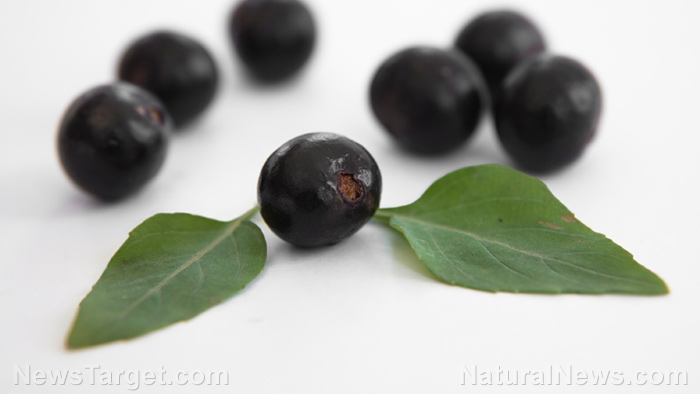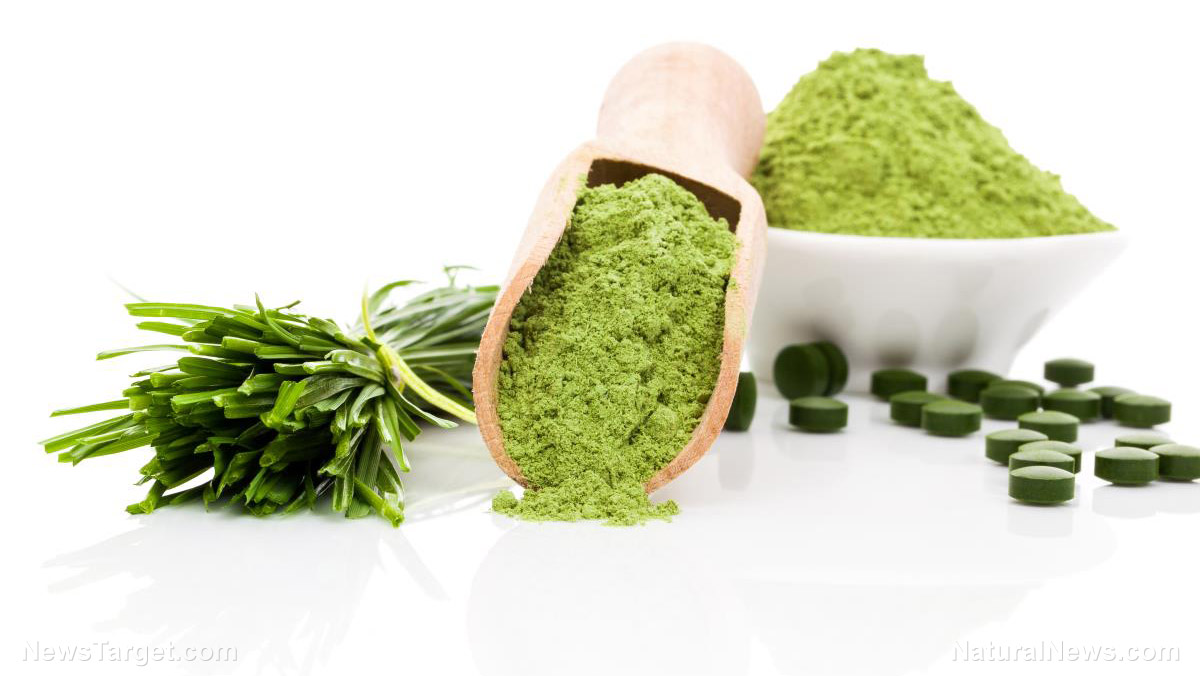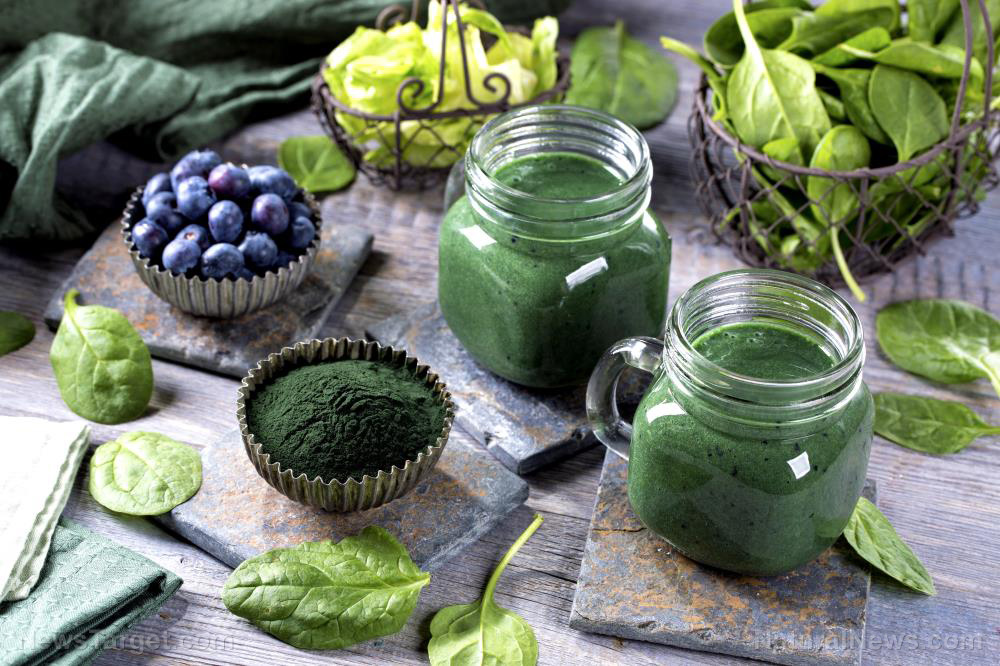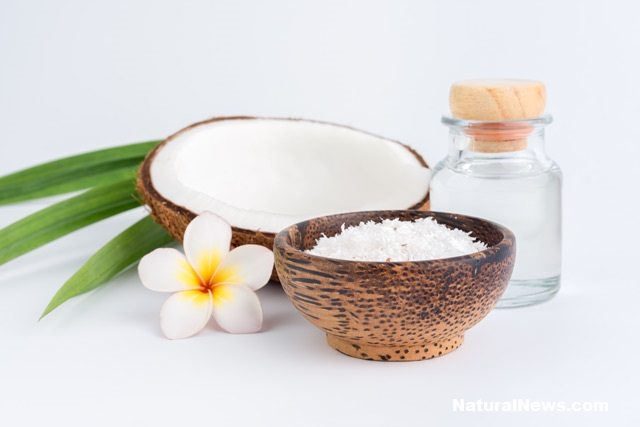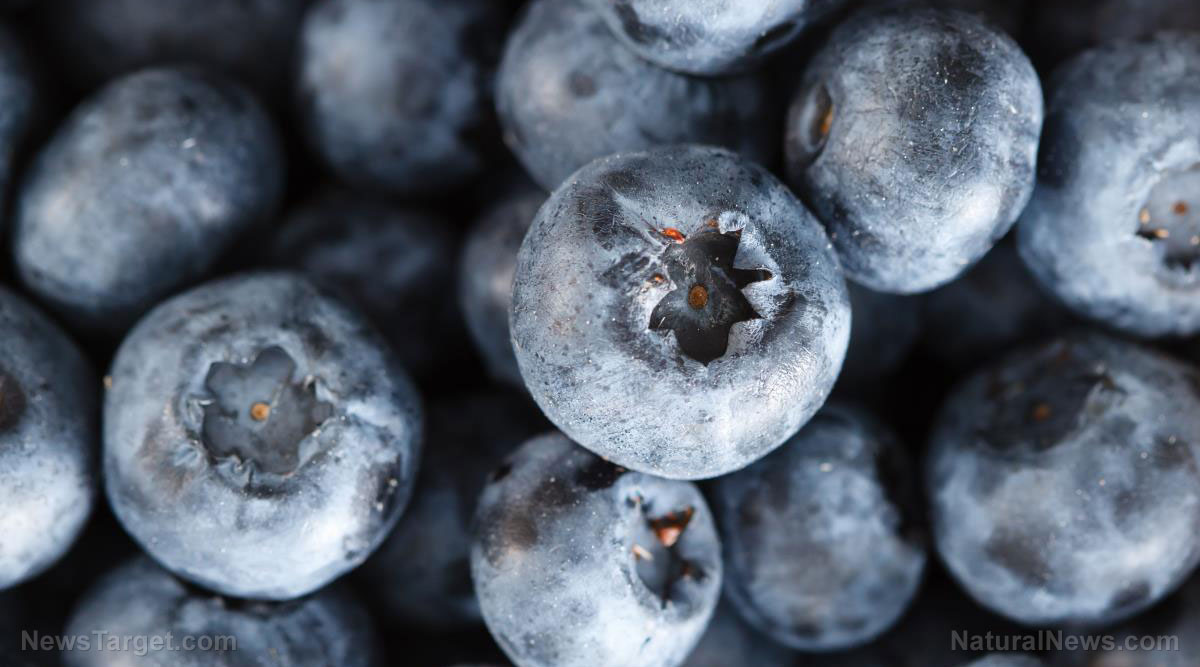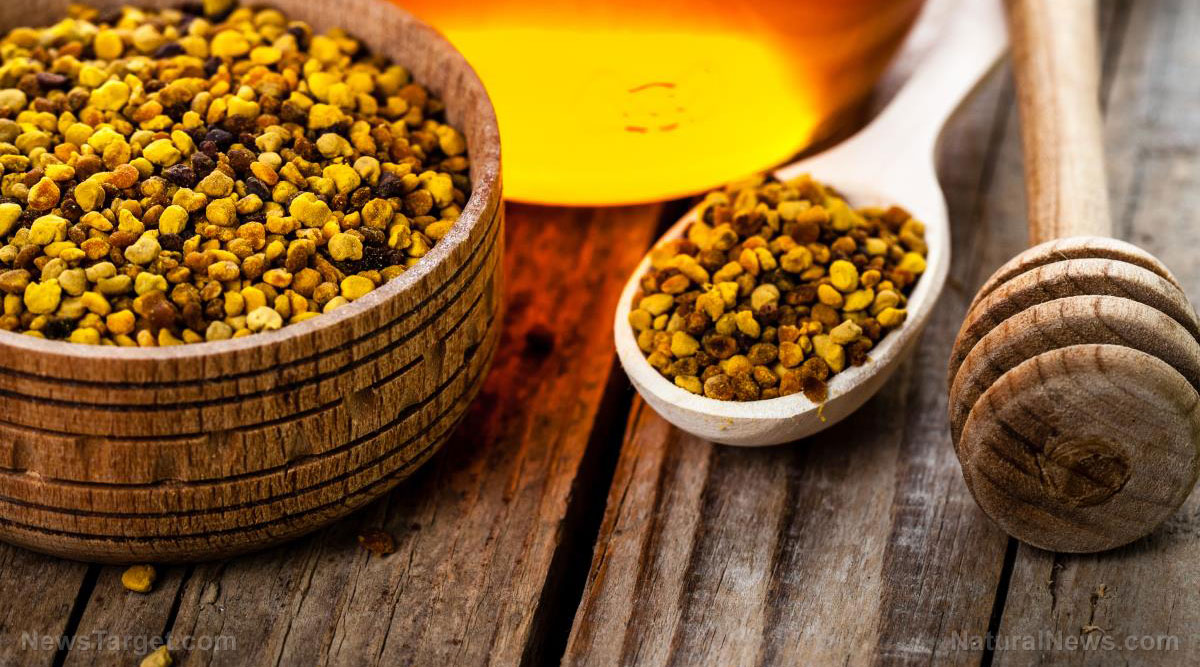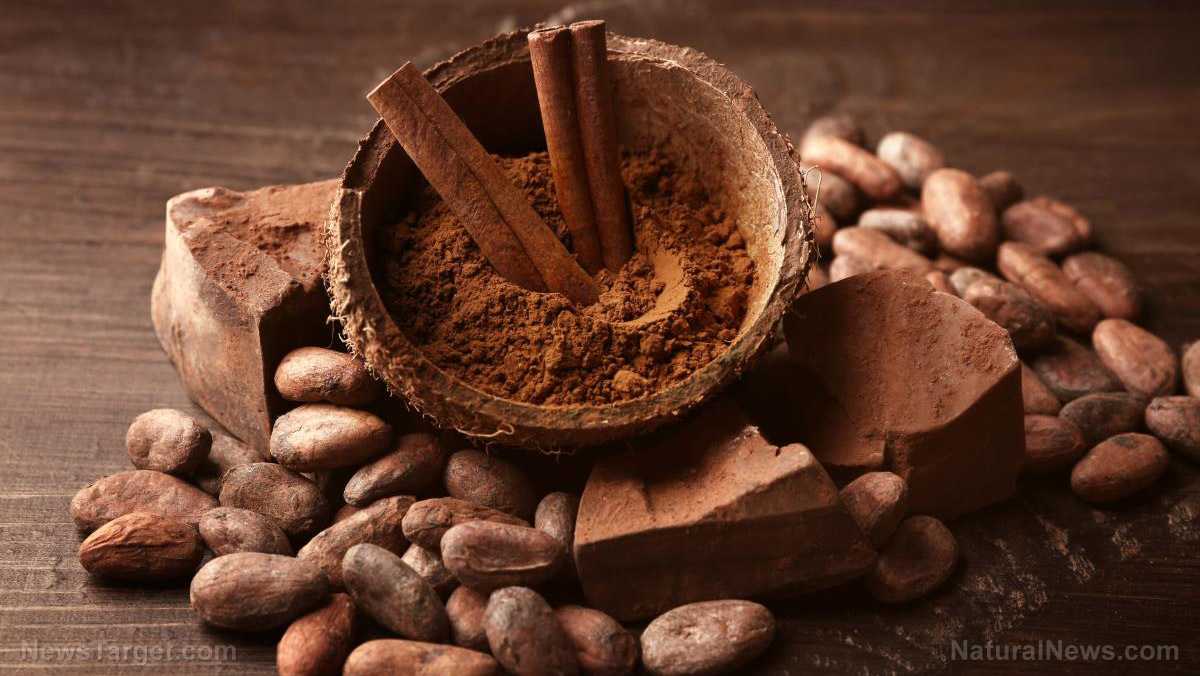The all-around superfood: Curcumin in turmeric prevents liver fibrosis
10/23/2018 / By Michelle Simmons

Turmeric is a well-known superfood because it offers many health benefits, and researchers continue to discover more benefits from it. In a study published in the Chinese Journal of Natural Medicines, researchers discovered that curcumin, the active ingredient in turmeric, can prevent and reverse liver fibrosis.
The study, which was conducted by a team of researchers from Nanjing University of Traditional Chinese Medicine in China, examined the inhibitory effects of curcumin and its underlying mechanisms in liver fibrosis. Research has shown that liver fibrosis can be treated. However, there are no approved agents available for the treatment and prevention of this condition until today.
For the study, the research team induced liver injury in mice and in the rat hepatic stellate cell line HSC-T6 to serve as experimental models. Then, they treated the mice and cells with curcumin.
After the treatment, the research team found that the treatment of curcumin reversed liver injury in mice and the hepatic cell line. Based on the findings of the study, the research team concluded that curcumin could be used to prevent and even reverse liver fibrosis.
Liver fibrosis develops when the healthy tissue of the liver becomes scarred, leading them to function improperly. Liver fibrosis can occur due to many health conditions, such as autoimmune hepatitis, biliary obstruction, iron overload, nonalcoholic fatty liver disease, viral hepatitis B and C, and alcoholic liver disease. A person with liver fibrosis may experience symptoms, such as appetite loss, difficulty concentrating, fluid buildup in the legs or stomach, jaundice (yellowing of the skin and the whites of the eyes), nausea, sudden weight loss, and weakness.
Liver fibrosis is the first stage of liver scarring. If more of the liver becomes scarred, it can develop into liver cirrhosis. (Related: DHA shown to reduce proteins involved in liver fibrosis; good news for the obese.)
More on the health benefits of curcumin
Turmeric is one of the most studied and most commonly used nutritional supplement. Here are some evidence-based health benefits of turmeric:
- It is anti-inflammatory: Turmeric can help fight inflammation and oxidative damage – thanks to its active ingredient called curcumin, which is anti-inflammatory and is a very potent antioxidant. Inflammation and oxidative damage are two of the most common harmful substances that can cause diseases.
- It protects the brain: Curcumin increases the levels of brain-derived neurotrophic factor (BDNF), the brain hormone that boosts the growth of new neurons and fights many degenerative processes in the brain. It can also prevent Alzheimer’s disease as it can cross the blood-brain barrier and improve the pathological process of the condition. Moreover, it can benefit people with depression, according to studies. It was found to as effective as Prozac in treating symptoms of depression.
- It lowers heart disease risk: Studies have shown that curcumin plays a role in heart disease prevention. It can protect the heart because of its powerful anti-inflammatory and antioxidant properties and it can improve the function of the endothelium.
- It improves the lives of arthritis patients: Studies have shown that taking curcumin supplements can improve the symptoms of arthritis, a common health problem characterized by joint inflammation. In some cases, it was found to be more effective than anti-inflammatory drugs.
Incorporating turmeric into your diet
Turmeric can be included into your diet by the following:
- adding a pinch of turmeric in scrambled eggs, a frittata, or tofu scramble
- adding it to roasted vegetables like cauliflower, potatoes, and root vegetables
- adding it to rice
- sprinkling it into sauteed or braised green vegetables like kale, collards, and cabbage
- adding it in vegetable or chicken soups
- blending it into a smoothie
- simmering it with coconut milk and honey to make tea
Read more news stories and studies on superfoods like turmeric by going to SuperFoods.news.
Sources include:
Tagged Under: alternative medicine, curcumin, herbal medicine, Herbs, liver fibrosis, liver health, natural cures, natural healing, natural medicine, natural remedies, turmeric



